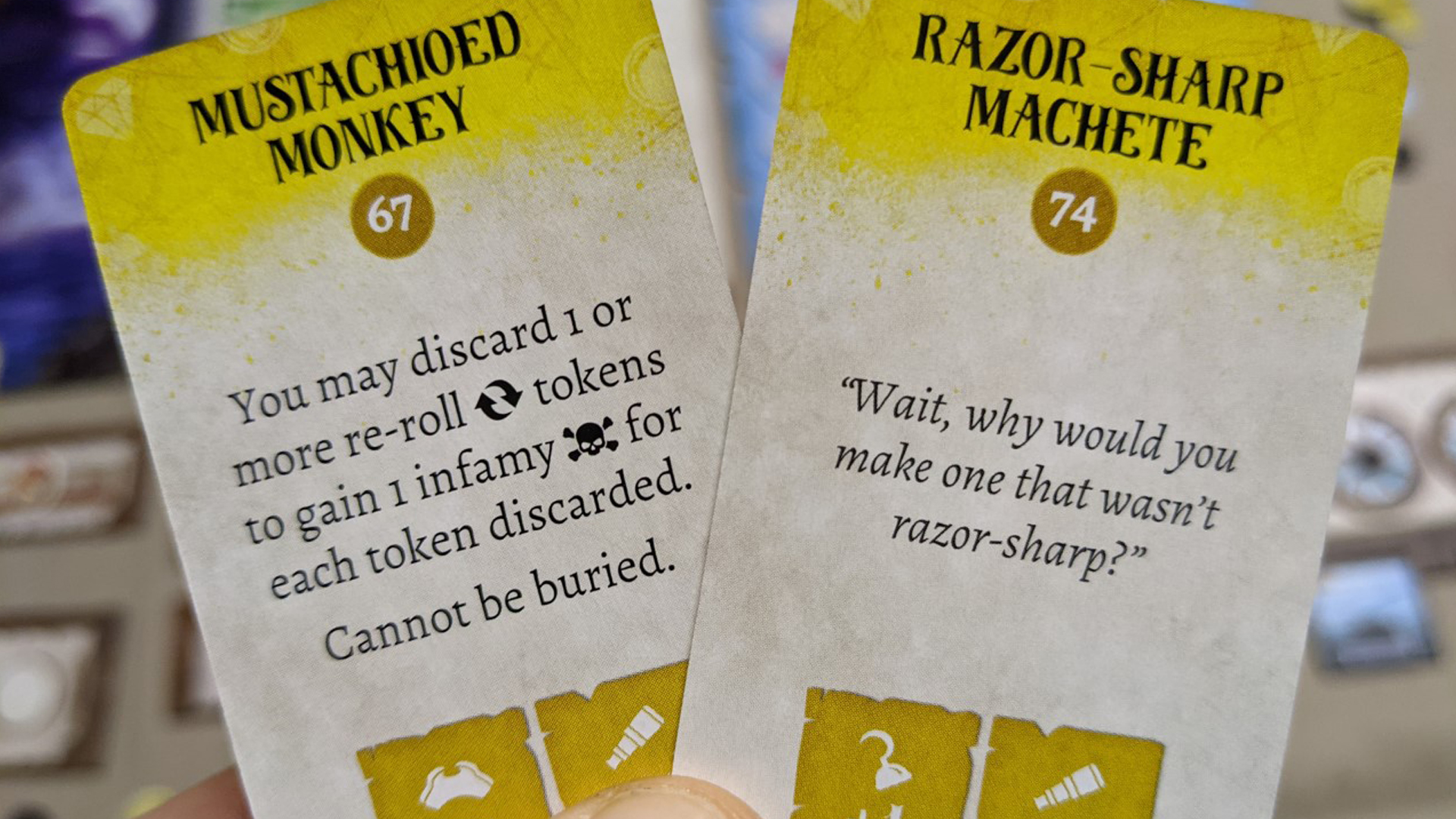

Ports are placed on the map according to their real-world geographical location, and often include famous places that exist even today as major Caribbean population centers. Each port is controlled by a single Nation, has its own local defense force, and its own dynamic economy. The term "City" is sometimes used instead, to defuse such misunderstandings, though most Ports are little more than shanty towns.Ī "Port" is defined as one of any number of visitable location in the Caribbean, into which the player can enter to receive Services, resupply, and conduct dealings with the major powers. This can be misleading, because a few Ports are landlocked and therefore do not actually have a harbour or port-facilities. The term "Port" is used to distinguish such locations from other visitable places such as Settlements and Pirate Havens (in the later game). In some games, they are also the only locations where you can save your game. Ports are the only locations where you may Divide the Plunder. You can Raid Ports, looting them for treasure and/or Cargo, and can even conquer a Port for a sympathetic nation.

Some Ports are protected by Forts, and will display aggression if you get on their bad side.

Each Port also has a Governor who will sometimes grant you audience. Each port has an array of Services, such as a local Tavern and Shipwright's. The player can visit a Port by sailing his ship into it or walking his crew in on foot. There are dozens of Ports available in any of the games, scattered around the entire map. Kitts, as seen in Sid Meier's Pirates! (2004).Ī Port is a large town in the Caribbean, owned by one of the four European Nations.


 0 kommentar(er)
0 kommentar(er)
